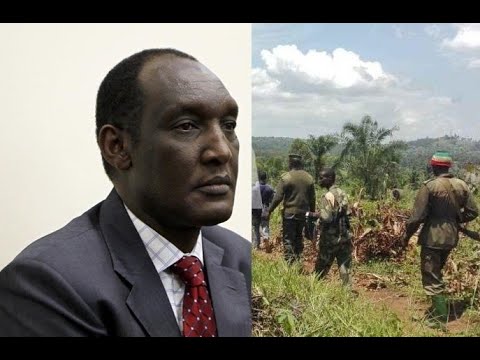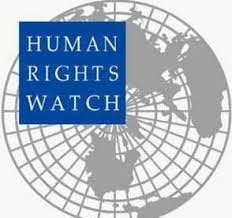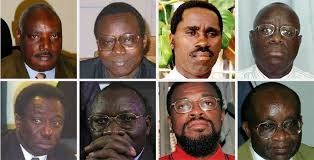International
Margaret Atwood, writers calling for action over missing Rwandan poet misguided

Canadian
poet, novelist, and literary critic, Margaret Atwood, and more than 100 authors
from around the world have written to Rwandan President Paul Kagame about the
case of Rwandan poet, Innocent Bahati, who they say disappeared a year ago.
The
letter by the global north activists to President Kagame, asking about the
whereabouts of the missing poet raised uproar, with many people in Rwanda
questioning the audacity of the authors to write a letter to the president
about a missing person.
The
letter was cited by the London-based left-wing publication, The Guardian, on
February 7, 2022, under the headline “Margaret Atwood joins writers calling for
urgent action of missing Rwandan poet.”
According
to the so-called rights organisation, PEN International, Bahati was last seen
at a hotel in Nyanza district, in the Southern Province of Rwanda, on February
7, 2021.
But
the whole concerted action appears suspicious, especially because the poet
allegedly went missing a year ago, and not much fuss was then made about the
case. Is it a coincidence that these global north writers regrouped into the
London-based PEN organisation are making all this noise at the eve of the next
Commonwealth Heads of Government Meeting scheduled to take place in Kigali in
June?
The
meeting was postponed several times before because of the Covid-19 pandemic.
So
much agitation was made by organisations like Human Rights Watch, aimed at
tarnishing the image of Rwanda, hoping to derail the summit.
There
was a report: “Rwanda: Round Ups-Linked to Commonwealth Meeting, Detention,
Ill-Treatment of Poor, Gay, and Transgender”, published on September 27, 2021.
This
report was factually wrong and only loaded with misleading allegations. In the
past, there we other cases of alleged disappearances being blamed on the
government only to later see those purported victims emerge in various capitals
of the region, notably Bujumbura, Burundi, or Kampala, Uganda. At times, the
same disappeared persons were caught fighting alongside armed militia groups in
the jungles of the Democratic Republic of Congo (DRC).
One
example is Constantin Tuyishimire, a journalist at Radio 1/TV 1. In July 2009,
he fled to Uganda after piling up unsurmountable debts. There were a lot of
noise that he had been kidnapped.
Recently,
the case of Gilbert Shyaka also trumpeted on social media as having been
murdered by the government. But he later he emerged at his home, with a
different narrative about how he was tricked into fleeing to Uganda. Upon
realising that he was being used by anti-Rwandan groups, he escaped back to his
country.
In a
reply to PEN’s letter, one Kigali-based commentator asked: “how many people in
Europe or North America go missing for their own reasons or any other? Do you
then write to the heads of state of those countries expressing concern about it
and demanding action?”
Statistics
about missing people in those countries are shocking.
In
the United Kingdom alone where PEN is based, available statistics indicated
that someone is reported missing every 90 seconds. There are 353,000 reported
missing incidents every year, among them 137,000 incidents are adults and
almost 215,000 incidents are children.
PEN
has never written a letter to a UK Prime Minister or to the Parliament
expressing outrage.
In the US, according to the National Missing
and Unidentified Persons System, or NamUs, a national database for missing
people, more than 90,000 people are missing in the U.S. at any given time. The
average has been about 750,000 per year.
If
these writers are really concerned about the plight of missing people, why haven’t
they written a single letter to the US president or to the Congress?
Writing
to the Rwandan President is going overboard. Rwanda has relevant, as well as
competent, institutions that follow up such cases.






